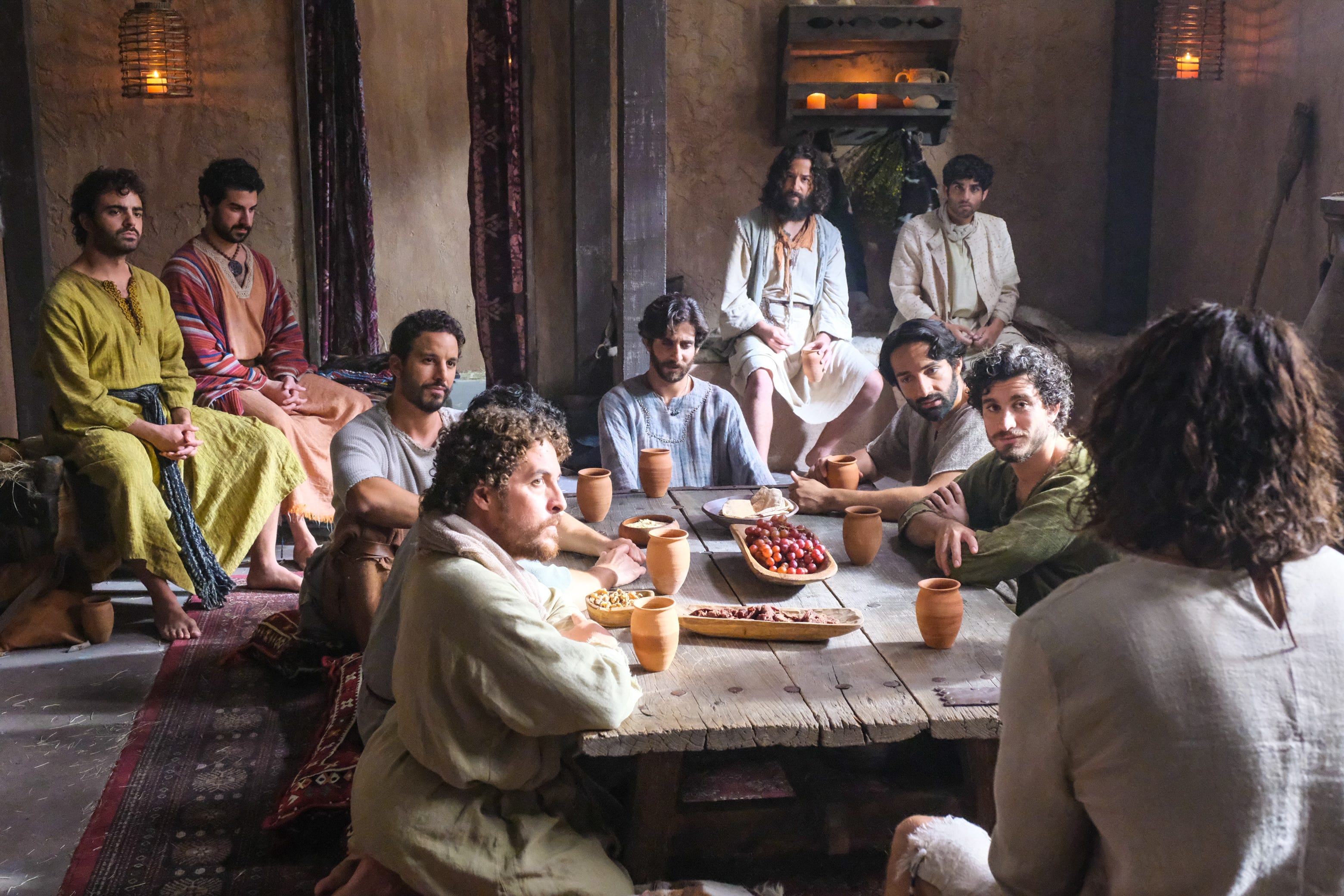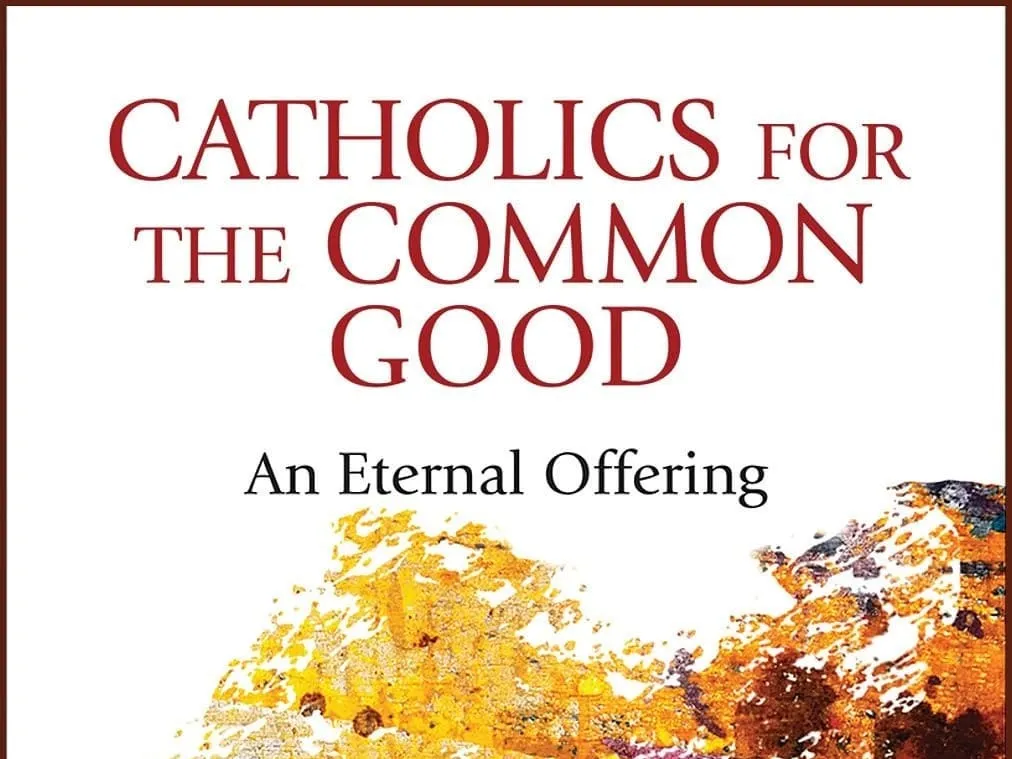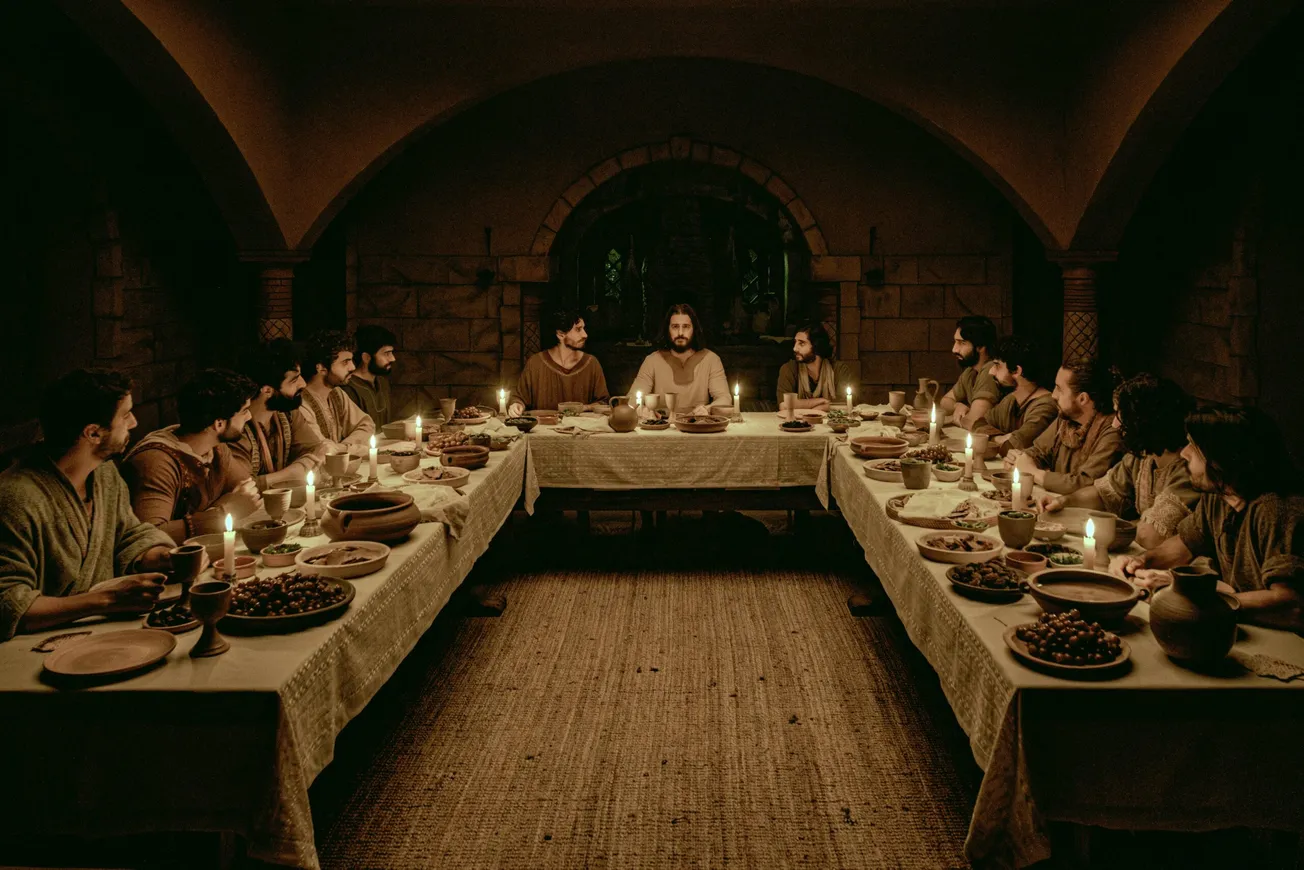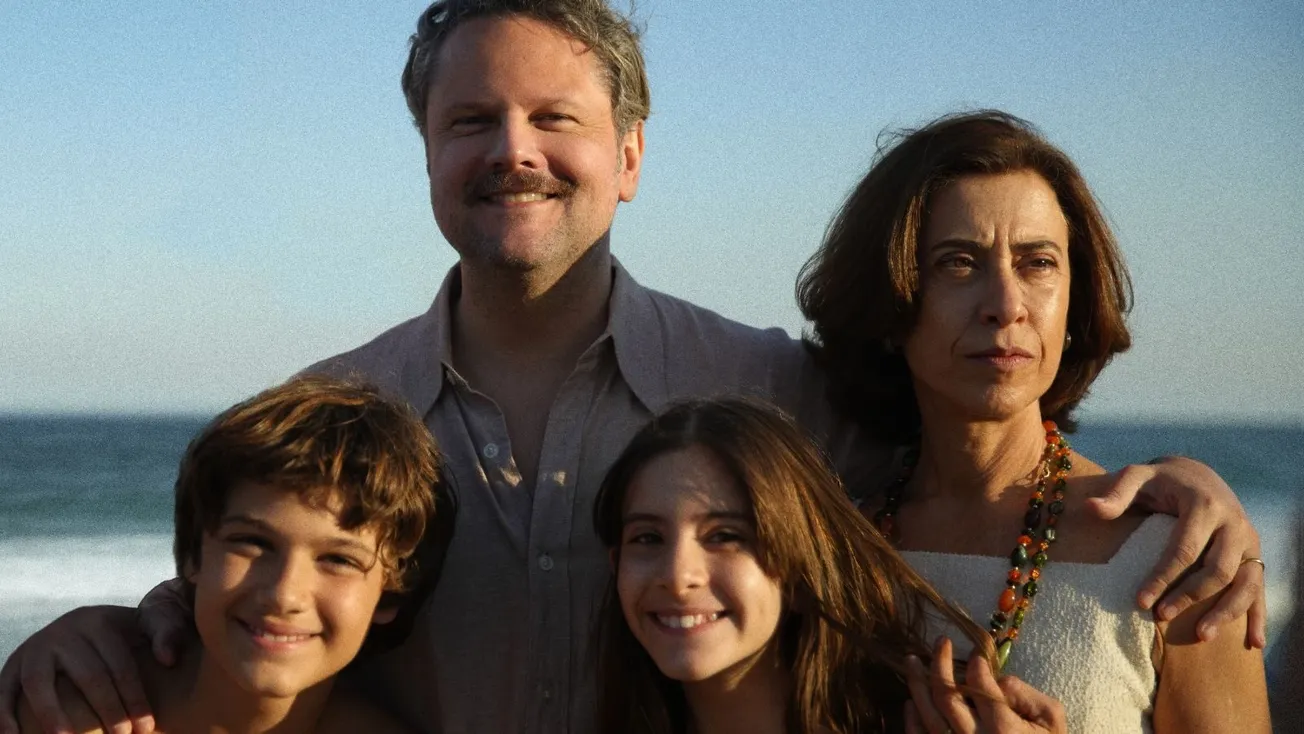Season 4 of “The Chosen,” the made-for-streaming live-action drama of the (adult) life of Jesus, is in theaters now, with the last two episodes airing for the next week before all eight land on streaming.
To say that the latest story arc is a doozy would be an understatement. The characteristically slick, well-crafted presentation loftily portrays a multifaceted Savior and companions with a marked twist on familiar themes and tales.
Viewers have long been in discussion about the artistic liberties taken by creator and director Dallas Jenkins, the evangelical media heir-apparent who first brought the story to life in 2017. His intentionally relatable Jesus and apostles—and women, and enemies—are more colorful than ever in season 4, with the amount of characters reaching expectedly Biblical proportions. Well-known Bible verses are interspersed among less familiar dialogue as the story is filled in as needed and, sometimes, as not.
Throughout the theater premieres of the new episodes, Jenkins and the cast teased viewers with the next big surprise, and there are indeed several in store. One in particular, which will not here be revealed, is sure to have some up in arms. It is fascinating, though, to see how the story of the gospels might have played out in real time in 1st-century Judea. That really is the charm of the show, and I’ve loved (almost) every moment.

Season 4 brings a much more serious tone than the previous, which could be expected as Jesus (Jonathan Roumie) approaches his final hour in a swarm of controversy and intrigue. Jenkins has spoken for years about the show having seven seasons in total, but it’s still jarring to see how quickly it seems to have progressed to the Passion narrative. (Indeed, those accustomed to the idea of a three-year Messianic ministry will be in for a shock.)
Much of the new season's changes are characterized by violence, but not always in the ways one might anticipate. Then again, the series as a whole has done little to confirm the expectations of evangelical Bible purists—perhaps the show’s main audience.
Things that remain the same are the focus on St. Peter—for a time, anyway—and the role of women in nearly every aspect of Jesus’ ministry. These include his most in-tune followers in the show, from Sts. Mary Magdalene (Elizabeth Tabish) and Mary, the sister of Lazarus (Catherine Lidstone) to Gentile figures like the fictional African convert Tamar (Amber Shana Williams) and the Biblical Joanna, wife of Chuza (Amy Bailey).
Of particular interest is the progressively mystical Mary Magdalene, whose healing from demonic possession in season 1 remains one of the cinematic highlights of the series. We return to the theme in present sequences as well as flashbacks in the newer episodes, centering the experience of suffering as Jesus wrestles with his own anguish at his impending death.
Jesus’ mother (Vanessa Benavente) also returns to the fore this season, intersecting with the traveling Messianic band in various locales, most notably the town of Bethany for the raising of Lazarus. I had hoped for a more striking effect in that climactic moment, but it struck me as somewhat clumsy in its execution, opting for rushed melodrama over what worked in the series so far: careful pacing and creative direction.
This season, especially in its latter episodes, also gets away at times from the power of silence, which had been another strong suit. Scenes that could have ended on, or even been carried by impactful breaks in dialogue, were instead filled to the brim with fillers, interjections, and clichés. (Sometimes saying no more than the Bible is OK!)
:max_bytes(150000):strip_icc():focal(749x0:751x2)/the-chosen-10132332-8fd3525829a14f35941e5192380ea1d8.jpg)
Also annoying was the rendering of language when dialogue was necessary. I’m a stickler for modern language in modern media, and that generally has been a hallmark of “The Chosen.” Hearing Jesus speak in our own language is a powerful reminder of his humanity and reality, but why the writers chose to have virtually every quoted Bible verse be from a relatively archaic translation is beyond me. After a certain point it starts sounding like Jesus, when speaking his own words from the gospels, is quoting an old book he has memorized.
Language is further complicated by confusing naming conventions, with some characters having common English names like Peter, James, and John while other Jewish figures in the narrative have Hebrew-rendered names like Ramah, Zohara, and Yussif. (Jesus’ father is still named “Joseph,” oddly enough.) The cultural misrenderings don’t end there either, as every scene of Jesus and his disciples eating occurs with them sitting upright at a table—which would never have happened—while Gentiles at a meal are accurately shown lying on one side, as all 1st-century figures in the region would have done.
These are minor issues to some, but they stuck out to my eye and marred what is otherwise a technically strong show in a sea of poorly made evangelical visual media. On the whole, though, season 4 of “The Chosen” continues a streak of strong acting, compelling interpretations, and culturally sensitive storytelling that helps bring Jesus to life for a new generation. It’s worth a watch—even a binge.
Nate Tinner-Williams is co-founder and editor of Black Catholic Messenger.









